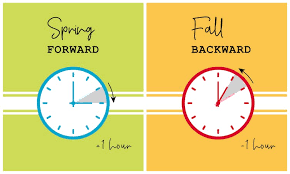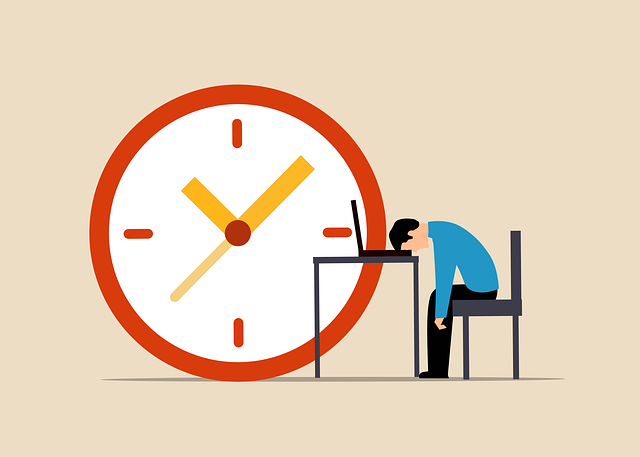The National Institute of Mental Health defines Depression as “Depression (also known as major Depression, major depressive disorder, or clinical Depression) is a common but serious mood disorder. It causes severe symptoms that affect how a person feels, thinks, and handles daily activities, such as sleeping, eating, or working.” Depression can fall under a wide range from mild, temporary episodes of sadness to severe, persistent Depression, and clinical Depression. Clinical Depression is the most severe form, and it is a major disorder. It is not caused by an event or action. It is a medical condition. All forms of Depression can cause minor to major changes
in your daily life, and it is important to be able to recognize if it is happening to you.
In order to be diagnosed with clinical Depression, you must have five of the eight following symptoms for two or more weeks. And these symptoms must show up throughout most of the day. These symptoms are:
-A depressed mood
-Unable to enjoy things you regularly would
-5% weight gain or loss/ large change in appetite
-Insomnia (5 or fewer hours a night)/hypersomnia (more than 10 hours and nap times is included)
-Slowed, restless, low energy
-Feeling worthless or excessive guilt
-Poor concentration and/or memory
-Thoughts of death or suicide (passive or active)
Depression is a wide scale, and it’s common to have depressive episodes. These episodes can be short-lived, but in many cases, they can last for long periods. Any form or range of Depression is hard, and it is still important to be able to recognize it. Other symptoms outside of the diagnosable 8 include feeling down, upset or tearful, restless, agitated or irritable, guilty, worthless and down on yourself, empty and numb, isolated and unable to relate to other people, finding no pleasure in life or things you usually enjoy, angry or frustrated over minor things, a sense of unreality, no self-confidence or self-esteem, hopeless and despairing, feeling tired all the time. This is a broad list
of what Depression can be like, but it manifests itself differently to every individual.
These symptoms may or may not resonate with you. It can be hard to see it in yourself when you are in the thick of it. A good way to check if Depression is something affecting you is to look at your daily life and actions. Is it hard to get through a day? Do mundane tasks feel impossible? Are you physically active? Or does your body feel heavy, and moving seems like a chore? How do you respond to a stressful or awkward situation? Do you put yourself down and break apart everything you think you did wrong? These are just a few examples of how it can show up, but the list is endless.
There are so many cases when people notice signs of Depression in their lives; they think they are “just lazy” or “too stupid,” and that is why life is so hard, but that is far from the truth. It is so easy to slip into that mindset that you’re just not pushing yourself enough, and that is why everything is so hard, but Depression truly affects so many parts of your life. So, if you’re struggling with life, take a second to reflect on the root cause rather than beating yourself up.
The reason it is important to recognize when you are depressed is so it can be managed. In some people’s case, it might be a short-lived episode they can manage and push through. They can still go work and live their life, but they feel the burden behind their facade. For others, they cannot handle even getting out of bed or functioning. In this case, it may be hard to get out of it without professional help. In either case, it is extremely important to talk about it and work through your feelings.
This condition is common but very serious. It can be life-threatening. I cannot stress how important it is to get help if you are struggling. Learn to recognize it, reflect, and reach out.
Please be safe and smart and enjoy your life<3































